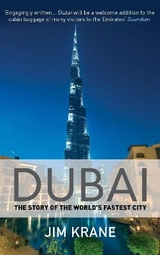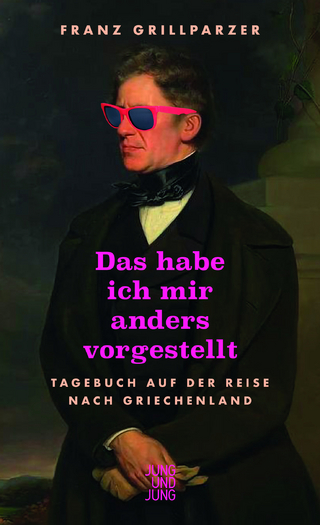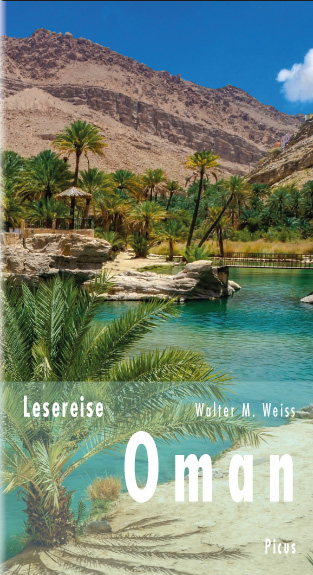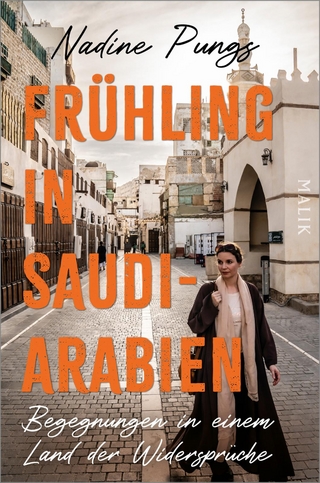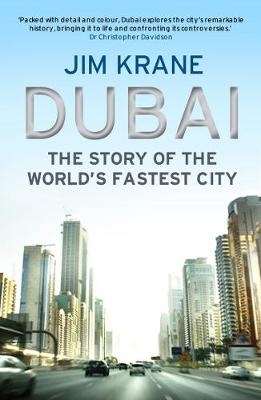
Dubai
The Story of the World's Fastest City
Seiten
2010
|
Main
Atlantic Books (Verlag)
978-1-84887-009-3 (ISBN)
Atlantic Books (Verlag)
978-1-84887-009-3 (ISBN)
- Titel erscheint in neuer Auflage
- Artikel merken
Zu diesem Artikel existiert eine Nachauflage
Over the last fifty years, the city of Dubai has leapfrogged major stages of development to become Las Vegas on steroids, a vision of the future: Dubai: The Story of the World's Fastest City is the first book to tell its story.
In the 1950s, Dubai's population of a few thousand scraped a living in a near waterless desert by picking dates, diving for pearls, or sailing in wooden dhows to trade with Iran and India. The town was as poor as any village in Somalia or the Sudan.
Today freewheeling Dubai is everything the rest of the Arab world is not: capitalism on cocaine, Las Vegas without the gambling. Until last year, it was the fastest-growing city in the world, with shimmering skyscrapers hiding gritty 24-hour construction at ground level, and an economy whose growth outpaced China's while luring more tourists than all of India. It is one of the world's safest places, but it lies a stone's throw from some of its most dangerous. The city has become a metaphor for the lush life, where celebrities mingle in gilded splendor and where so many luxury cars fill the streets that crashes between Porsches are not uncommon. Yet it is also beset by a backwash of bad design, environmental degradation and controversial labour practices.
This small Arab sheikhdom has become both an icon of the future and a rising power in the Middle East: Dubai tells its unique story.
In the 1950s, Dubai's population of a few thousand scraped a living in a near waterless desert by picking dates, diving for pearls, or sailing in wooden dhows to trade with Iran and India. The town was as poor as any village in Somalia or the Sudan.
Today freewheeling Dubai is everything the rest of the Arab world is not: capitalism on cocaine, Las Vegas without the gambling. Until last year, it was the fastest-growing city in the world, with shimmering skyscrapers hiding gritty 24-hour construction at ground level, and an economy whose growth outpaced China's while luring more tourists than all of India. It is one of the world's safest places, but it lies a stone's throw from some of its most dangerous. The city has become a metaphor for the lush life, where celebrities mingle in gilded splendor and where so many luxury cars fill the streets that crashes between Porsches are not uncommon. Yet it is also beset by a backwash of bad design, environmental degradation and controversial labour practices.
This small Arab sheikhdom has become both an icon of the future and a rising power in the Middle East: Dubai tells its unique story.
Jim Krane, an award-winning journalist, was the Associated Press' Persian Gulf Correspondent for two and a half years, covering all six Gulf Arab countries. He has also written about Dubai for The Economist and the Financial Times. Previously, he was the AP's Baghdad Correspondent and New York-based Business Writer. He now lives and studies in Cambridge, England, with his wife and son.
| Erscheint lt. Verlag | 1.3.2010 |
|---|---|
| Zusatzinfo | Plate sections |
| Verlagsort | London |
| Sprache | englisch |
| Maße | 129 x 198 mm |
| Gewicht | 368 g |
| Themenwelt | Reisen ► Reiseberichte ► Naher Osten |
| Geisteswissenschaften ► Geschichte ► Regional- / Ländergeschichte | |
| ISBN-10 | 1-84887-009-4 / 1848870094 |
| ISBN-13 | 978-1-84887-009-3 / 9781848870093 |
| Zustand | Neuware |
| Haben Sie eine Frage zum Produkt? |
Mehr entdecken
aus dem Bereich
aus dem Bereich
Tagebuch auf der Reise nach Griechenland
Buch (2023)
Jung u. Jung (Verlag)
16,00 €
Begegnungen in einem Land der Widersprüche | Von Dschidda bis Riad, …
Buch | Softcover (2024)
Malik (Verlag)
18,00 €
